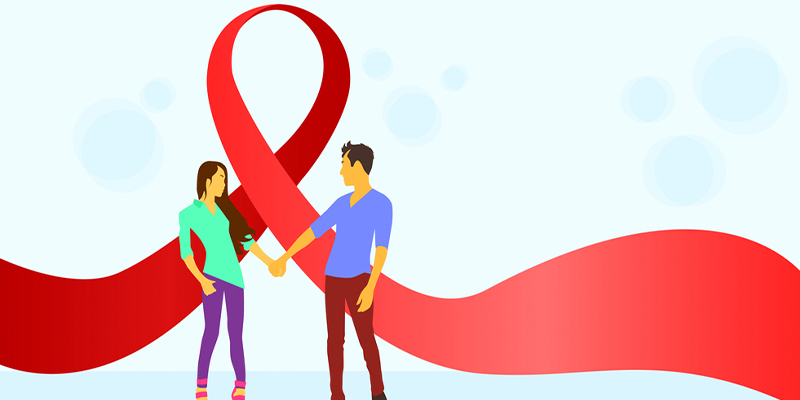What does HIV do to the reproductive system?
How HIV affects women’s fertility?
HIV affects women physically, biologically, psychologically and it may result in weight loss, protracted anovulation, and also irregularities in the menstrual cycle. It is also seen that HIV-positive women have a higher risk of pelvic inflammatory disease, tubal factor infertility, etc.
Stress due to shame and fear regarding conception and the health of the child also affects the fertility potential of these women. They tend to have a higher risk of miscarriage as well. But all these need not put a full stop to one’s dream of having a family.
How HIV affects men’s fertility?
According to WHO, HIV-positive men develop Hypogonadism, and have reduced sperm concentration, sperm count, and motility. Also, they tend to experience erectile dysfunction, reduced libido, oligospermia, and impotence.
Count on Fertility Treatments:
Serodiscordant Couples:
In a couple, only when the male partner is infected with HIV, he is treated with antiretroviral drugs that result in the reduction of serum and semen viral loads. Only when the viral load is undetectable in the male partner, ART treatments are initiated in the couple. Pre-exposure prophylaxis (PrEP) given to a female partner reduces the risk of transmission to the female partner. Exclusive protocols like the double wash of seminal plasma, IUI, and IVF with ICSI reduce the risk of seroconversion in the case of the wife and the child.
Though several treatment possibilities are available that can gift the happiness of having a biological child to HIV couples, lack of awareness has made many hopeless and unhappy.
Pre-conception counseling is crucial in the case of HIV couples because it helps them in understanding the risks, precautionary measures, and treatment options before planning to have a family.
There is hope! Don’t give up your parenthood dream. Fight AIDS and achieve parenthood as well!

